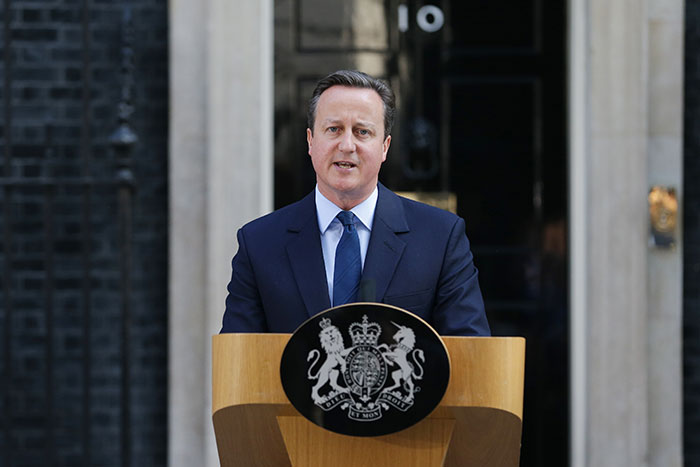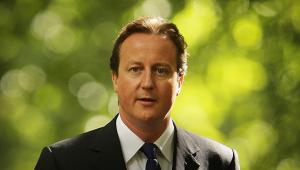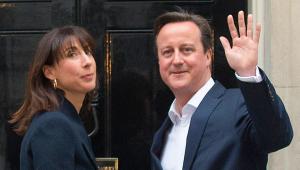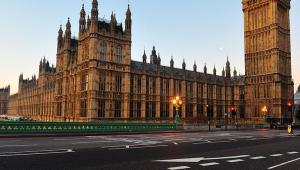
David Cameron: "I do not think it would be right for me to try to be the captain that steers our country to the next destination" Photo: PA
In a speech outside 10 Downing Street this morning, Cameron said that there can be “no doubt” about the result, and that he would resign by October when a new Conservative leader was in place.
The Leave campaign received 51.9% of the vote, compared to 48.1% for Remain, with a turnout of 72.2%.
There were majorities for leaving the EU in England (53.4% to 46.6%) and Wales (52.5% to 47.5%), while the remain side had majorities in both Scotland (62% to 38%) and Northern Ireland (55.8% to 44.2%).
There were majorities for Leave across nine regions of England – the West Midlands, the East Midlands, the North East, Yorkshire and The Humber, East England, the North West, the South West, Wales and the South East. London was the only part of England to have a majority for Remain.
Cameron attempted to reassure financial markets that Britain’s economy was fundamentally strong, after the pound fell to its lowest level since 1985.
He acknowledged the country must now prepare for negotiations with the EU, but due to his support for a Remain vote, he was not the person to lead those talks.
“I was absolutely clear about my belief that Britain is stronger, safer and better off inside the EU… As such, I think the country requires fresh leadership to take it in this direction. I will do everything I can as prime minister to steady the ship in the weeks ahead, but I do not think it would be right for me to try to be the captain that steers our country to the next destination.
“This is not a decision I have taken lightly but I do think it is in the national interest to have a period of stability and then the new leadership required,” he said.
He added that a new prime minister should be in place by the start of the Conservative Party conference in October, but confirmed he would continue in post with the cabinet for the “next three months.”
“A negotiation with the European Union will need to begin under a new prime minister and I think it’s right that this new prime minister takes the decision about when to trigger Article 50 and start the formal and legal process of leaving the EU,” he added.
“I will attend the European Council next week to explain the decision the British people have taken and my own decision.”
Former mayor of London and current MP for Uxbridge and South Ruislip Boris Johnson, a senior figure in the leave campaign, said people had voted to take back control from a EU that has become too opaque and unaccountable.
“In voting to leave the EU, it is vital to stress there is no need for haste, and as the prime minister has said, nothing will change in the short term except how to give effect to the will of the people and to extricate this country from the supranational system. There is no need to invoke article 50 [the formal mechanism to leave the EU].
“And to those who may be anxious both at home and abroad, this does not mean that the United Kingdom will be in anyway less united, it does not mean it will be any less European. I want to speak directly to the millions of people who did not vote for this outcome, especially young people who may feel that this decision involves somehow pulling up the drawbridge because I think the very opposite is true.
“But there is simply no need in the 21st century to be part of a federal government in Brussels that is imitated nowhere else on Earth. It was a noble idea for its time but it is no longer right for this country. It is the essence of our case that young people in this country can look forward to a more secure and more prosperous future, if we take back the democratic control which is the foundation of our economic prosperity.”
The chair of Vote Leave, Gisela Stuart, said Britain was an open and welcoming society and will continue to cooperate with European countries on an international level.
“This referendum has taken place against the backdrop of all the might of institutions and of money. The people were given the impression that they had no choice but to remain, but they voted to leave. It is now incumbent on all of us to be very calm... and work together,” she said after the result was confirmed.
“It is our opportunity to take back control of democratic decisions but also an opportunity to renew some of those processes. Vote Leave has been a cross-party organisation. I think what happens now also has to be a cross-party effort, because we have a responsibility to act in the best long-term interests of this country.”




















